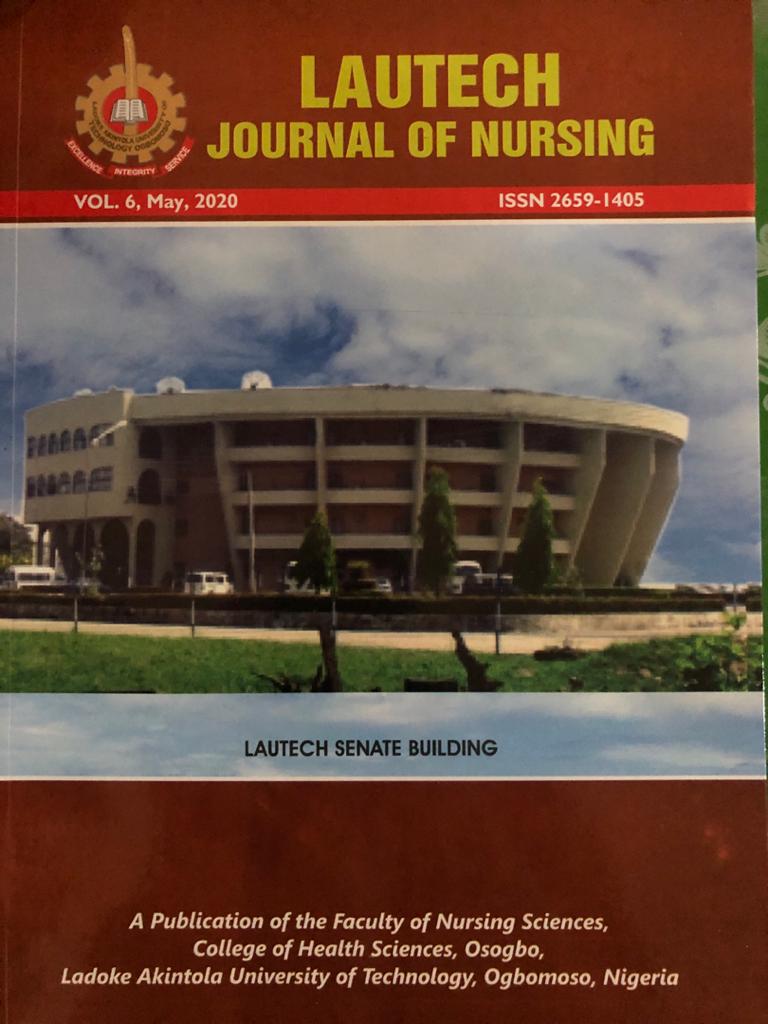The prevalence of umbilical cord infection in newborn infant is on the increase and constitutes 33% of neonatal mortality in Nigeria. Thus, knowledge of standard cord care management and healthy cord practices is imperative if infection is to be prevented. The aim of this study is to assess the umbilical cord care practices and management outcome among mothers in selected primary health centers in Mushin Local Government Area, Lagos State. A cross-sectional descriptive study was conducted among 240 mothers in selected primary health centers on their umbilical cord care practices and management outcomes. Data were collected through the administration of a questionnaire; the data derived was analyzed using the Statistical Package for Social Sciences (SPSS) 22, descriptive and inferential methods were used at a significant level of p = 0.005. Findings of this study indicate that the respondents’ level of knowledge is high in terms of standard cord care and the common types of cord care practice used by respondents are tying, cutting and cleaning with methylated spirit only, triple dye, alcohol, antibiotics ointment, providenceiodine, polymixin bacitracin, methylated spirit and gentian violet solution (0.5-1 %). The study further observes the techniques for umbilical cord management are clean cord base before surrounding skin, close methods, Washed hands with soap and water before and after attending to the cord and clean cord stump in the morning, afternoon and evening and the respondents’ reason for choice of umbilical
cord management are to Prevents infection and very effective and hastens cord separation. Lastly, the study observed that the management outcome of umbilical cord care by respondents are that the cord falls off between five to fifteen days after birth and no infection and quick healing process. The result of the hypotheses tested revealed that there was a significant association between age, educational level and cord management (p=0.005). Health education during ANC and post-partum on umbilical care management is critical in reducing the incidence of cord infections and curbing the rate of neonatal morbidity and mortality due to umbilical infections
- O. | H. | Abazie | ogenaban@yahoo.com | 08034568662 , D. | D. | Gbahabo | dooshima.gbahabo@gmail.com | 08036546500 , O. | J. | Fadairo | yemifad26@gmail.com | 0807344035
- umbilical cord; care practices; management outcome; primary health centers
- Lautech New Edition April 2020 Article 5


